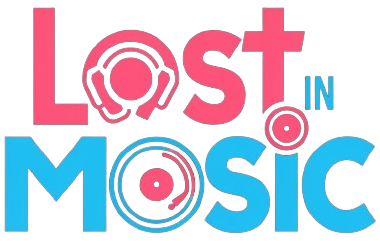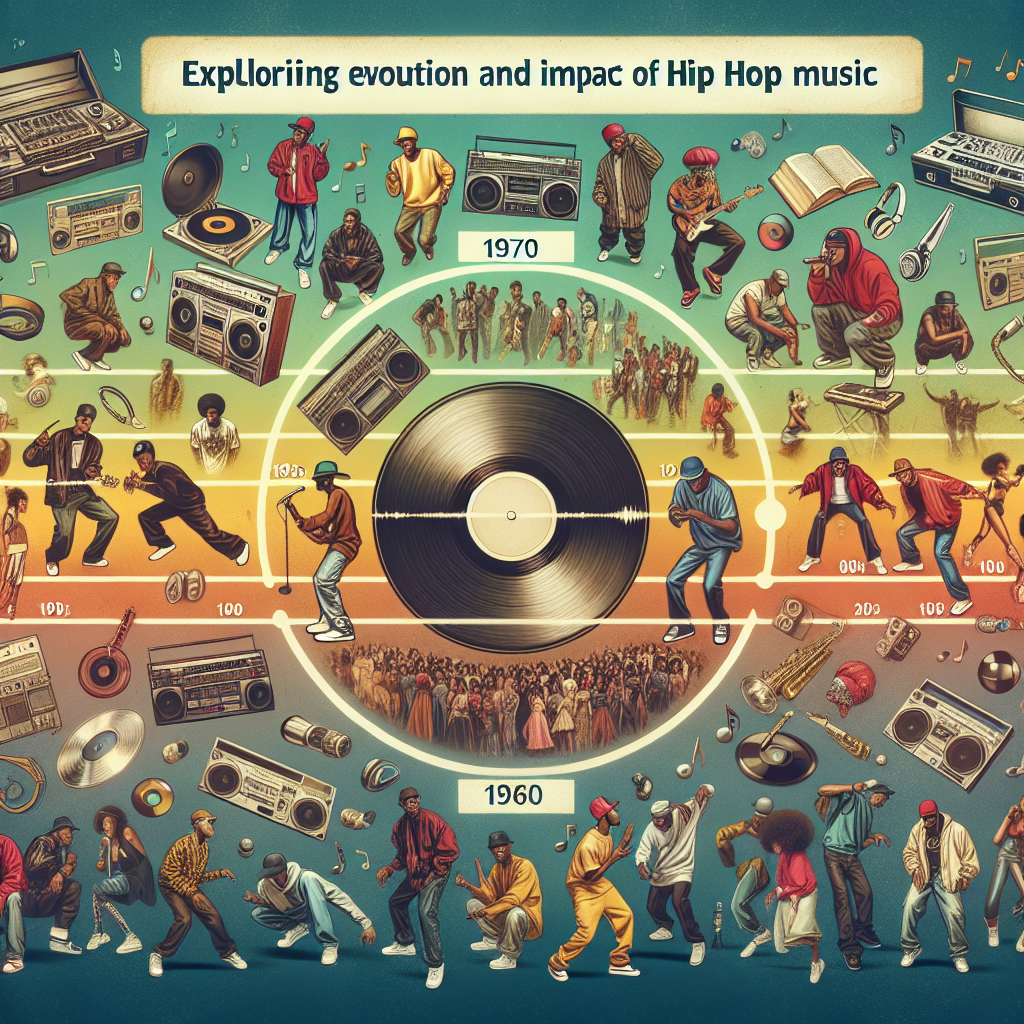The phrase ‘Hip Hop’ encompasses not only a genre of music but an entire cultural movement that has significantly impacted societies worldwide. Renowned for its distinctive rhythmic, lyrical, and instrumental style, Hip Hop music has evolved and continues to transform throughout the years. To fully grasp its profound influence, we delve into the evolution and impact of Hip Hop music.
The Birth of Hip Hop
Hip Hop music was born in the 1970s, in the Bronx, New York. Its origins are rooted in African and African American communities, drawing on a rich cultural history of oral storytelling and rhythmic music such as blues, jazz, and soul. The essential elements of Hip Hop include DJing, breakdancing, graffiti, and most notably, rapping.
The Evolution of Hip Hop
Close to five decades later, Hip Hop has vastly evolved and permeated various facets of global culture. In the 1980s, the coding and sampling techniques used by DJs birthed a new form of Hip Hop, where beats sampled from old records were overlaid with rappers’ verses. This style exposed a broader demographic to earlier generations of black music, thus instigating a cultural continuity.
In the 1990s, the mainstream breakthrough of Hip Hop music boomed. This era turned rappers into global icons and introduced sub-genres, like Gangsta Rap and G-Funk. The lyrical content varied from political and social commentaries to narratives of street life and party anthems.
Since the dawn of the 21st century, Hip Hop music has shown exponential growth; its reach is not only multifaceted within music but extends to art, fashion, advertising, film, and theatre. The sounds have progressively diversified into sub-genres including Trap, Drill, and Emo Rap, reflecting the complexities of modern life and widening the genre’s sentiment and reach.
The Impact of Hip Hop
Hip Hop’s impacts are far-reaching, and its influence in uplifting marginalized communities is particularly noteworthy. It provides a platform to express social and political criticisms, narratives of strife, and resilience – revolutionizing conversations around race, class, and identity politics.
Moreover, through the globalization of Hip Hop, cultural barriers are being broken. It informs and influences the global dialogue on racial inequality, poverty, and injustice – driving change in policy and perception.
Conclusion
Hip Hop music is more than rhythmic beats and catchy lyrics; it is an artistic symbol of resistance, solidarity, and catharsis. Over the years, Hip Hop has become a universal language of expression for individuals and communities across the world, transcending borders, and demonstrating its formidable power to instigate societal change. As it continues to evolve, Hip Hop’s legacy is not just its ability to adapt to the ever-changing music landscape but its capacity to unify, educate, challenge, and inspire.
Frequently Asked Questions (FAQs)
- Where did Hip Hop originate?
Hip Hop originated during the late 1970s in the Bronx, New York. - What are the basic elements of Hip Hop culture?
The main elements of Hip Hop culture include DJing, breakdancing, graffiti, and rapping. - How has Hip Hop evolved over the years?
Hip Hop has evolved through beats, flow, and lyrical content. It has also diversified into several sub-genres like Trap, Drill, and Emo Rap. - What impacts does Hip Hop have on society?
Hip Hop music has broad cultural, political, and societal influences. It presents commentary on issues like racial inequality, poverty, and injustice; instigating changes in societal norms, policies, and perceptions. - What does Hip Hop music symbolize?
Hip Hop symbolizes resistance against oppression and serves as a platform for marginalized communities to articulate their experiences and inspire change.




